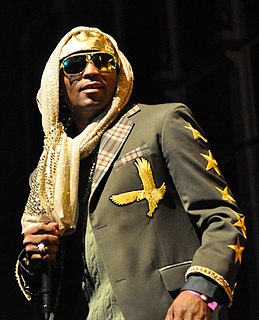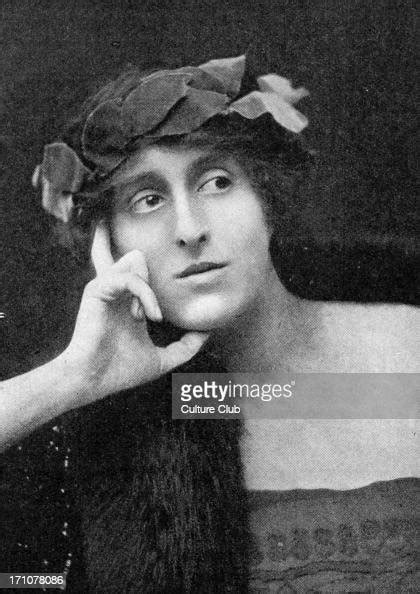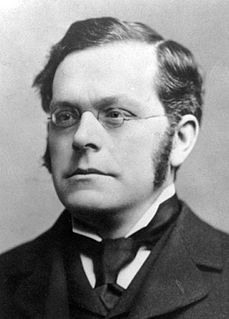A Quote by Victor Hugo
Rhyme, that enslaved queen, that supreme charm of our poetry, that creator of our meter.
Related Quotes
[Rhyme is] but the invention of a barbarous age, to set off wretched matter and lame Meter; ... Not without cause therefore some both Italian and Spanish poets of prime note have rejected rhyme, ... as have also long since our best English tragedies, as... trivial and of no true musical delight; which [truly] consists only in apt numbers, fit quantity of syllables, and the sense variously drawn out from one verse into another, not in the jingling sound of like endings, a fault avoided by the learned ancients both in poetry and all good oratory.
It is a shallow criticism that would define poetry as confined to literary productions in rhyme and meter rhythm. The written poem is only poetry talking, and the statue, the picture, and the musical composition are poetry acting. Milton and Goethe, at their desks, were not more truly poets than Phidias with his chisel, Raphael at his easel, or deaf Beethoven bending over his piano, inventing and producing strains, which he himself could never hope to hear.
A glance at the history of European poetry is enough to inform us that rhyme itself is not indispensable. Latin poetry in the classical age had no use for it, and the kind of Latin poetry that does rhyme - as for instance the medieval 'Carmina Burana' - tends to be somewhat crude stuff in comparison with the classical verse that doesn't.
A glance at the history of European poetry is enough to inform us that rhyme itself is not indispensable. Latin poetry in the classical age had no use for it, and the kind of Latin poetry that does rhyme - as for instance the medieval Carmina Burana - tends to be somewhat crude stuff in comparison with the classical verse that doesn't.
The commonest error made in relation to poetry is that it consists simply in verse-making. Many confound the casket of meter and rhyme with the jewel of thought which it encloses, and, perhaps, in some instances, after close investigation, they have found the casket empty and turned away with feelings of disappointment and disgust.
Though my poems are about evenly split between traditionally formal work that uses rhyme and meter and classical structure, and work that is freer, I feel that the music of language remains at the core of it all. Sound, rhythm, repetition, compression - these elements of my poetry are also elements of my prose.
When, and how, and at what stage of our development did spirituality and our strange notions of religion arise? the need for worship which is nothing more than our frightened refuge into propitiation of a Creator we do not understand? A detective story, the supreme Who-done-it, written in indecipherable hieroglyphics, no Rosetta stone supplied by the consummate Mystifier to tease us poor fumbling unravellers of his plot.





































